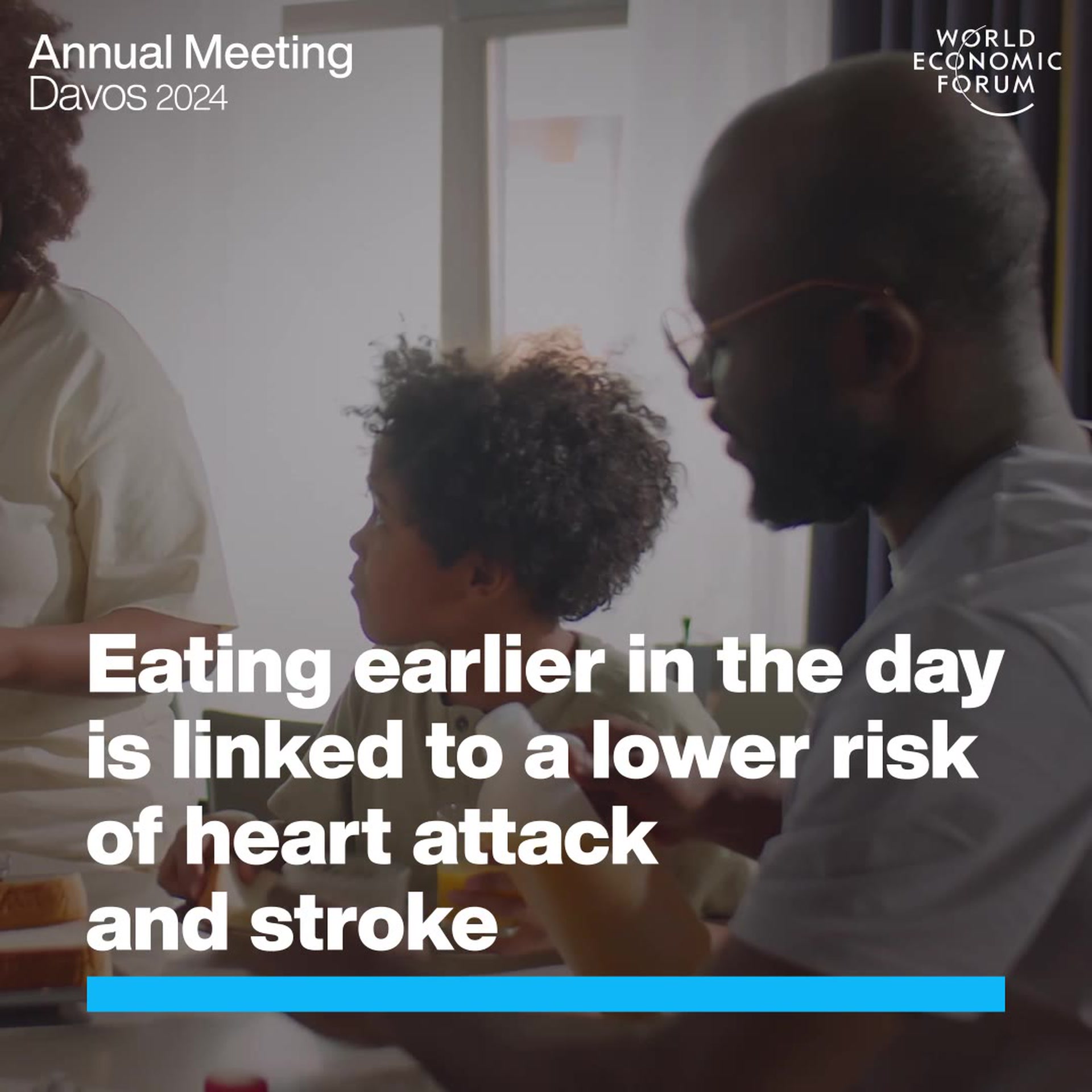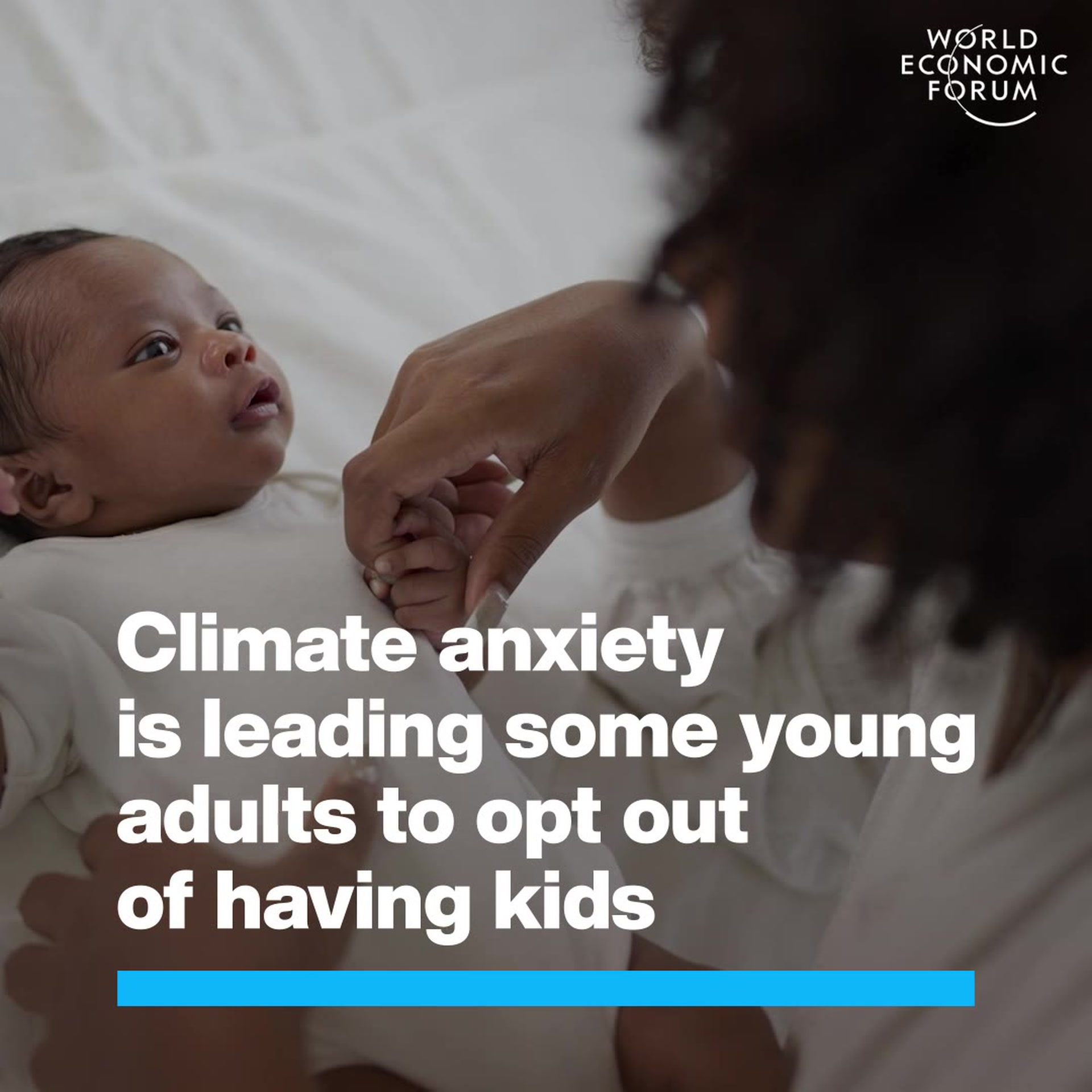Why being addicted to your phone could change your brain

Statistics published state that 46 percent of Americans claim that they could not live without their smartphones Image: REUTERS/Jorge Adorno

Get involved with our crowdsourced digital platform to deliver impact at scale
Stay up to date:
Behavioural Sciences
Many of us find it difficult to go even a few hours without looking at our smartphone or accessing the internet. Now, a new study has found that addiction to these technologies might cause a chemical imbalance in the brain.
LIFE OUT OF BALANCE: SMARTPHONES ET AL.
A study presented at the 2017 meeting of the Radiological Society of North America has found that young people who are addicted to smartphone usage display an imbalance in their brain chemistry.
A group of researchers from Seoul’s Korea University carried out the study, which was led by neuroradiology professor Hyung Suk Seo. They used magnetic resonance spectroscopy (MRS) to investigate the chemical composition of teenagers who had been diagnosed as having an addition to their smartphones or the internet.
Nineteen youths – nine male and ten female with a mean age of fifteen and a half – were compared with healthy control subjects of the same gender. Twelve of the group received cognitive behavioral therapy, based on a similar program designed to help people addicted to video games.
Standardized tests helped the scientists determine how severe each subject’s addiction was. They were quizzed on how their usage affected their day-to-day activities, ranging from social life to sleeping pattern.
The teenagers who were addicted to their smartphones and the internet, were found to have higher scores for tests that tracked depression, anxiety, the severity of insomnia, and their impulsivity. These subjects were given MRS examinations both before and after their behavioral therapy, while the control patients were examined once to establish a baseline.
The MRS procedure was intended to measure the levels of gamma aminobutyric acid (GABA), a neurotransmitter that inhibits or slows down brain signals, and glutamate-glutamine (Glx), which causes neurons to be more electrically excited. It determined that the ratio of GABA to Glx in addicted teens was significantly higher before therapy than those recorded in the control subjects.
TECH ADDICTION
Statistics published by the Pew Research Center state that 46 percent of Americans claim that they could not live without their smartphones. Young people in particular are often accused of being too wrapped up in their devices and in online interaction – but this study might suggest that there is a medical basis for cutting down on usage. There are hopes that it could contribute to the development of treatments that will address these issues.

“The increased GABA levels and disrupted balance between GABA and glutamate in the anterior cingulate cortex may contribute to our understanding the pathophysiology of and treatment for addictions,” said Dr. Seo in a press release.
Too much GABA has been linked to side effects including drowsiness and anxiety. Dr. Seo believes that this imbalance might have some connection to a loss of function in terms of the ability for a person’s cognitive and emotional neural network to process their experiences.
The behavioral therapy utilized in the study certainly seemed to have the desired effect. The ratio of GABA to Glx in the subjects suffering from addiction was found to be substantially lower, or even brought down to normal levels, in the MRS exams that followed the treatment.
Don't miss any update on this topic
Create a free account and access your personalized content collection with our latest publications and analyses.
License and Republishing
World Economic Forum articles may be republished in accordance with the Creative Commons Attribution-NonCommercial-NoDerivatives 4.0 International Public License, and in accordance with our Terms of Use.
The views expressed in this article are those of the author alone and not the World Economic Forum.
Related topics:
The Agenda Weekly
A weekly update of the most important issues driving the global agenda
You can unsubscribe at any time using the link in our emails. For more details, review our privacy policy.
More on Behavioural SciencesSee all
Peter Dizikes
November 27, 2023
Aaron De Smet and Patrick Simon
September 25, 2023
Kate Whiting and Kateryna Gordiychuk
September 6, 2023






